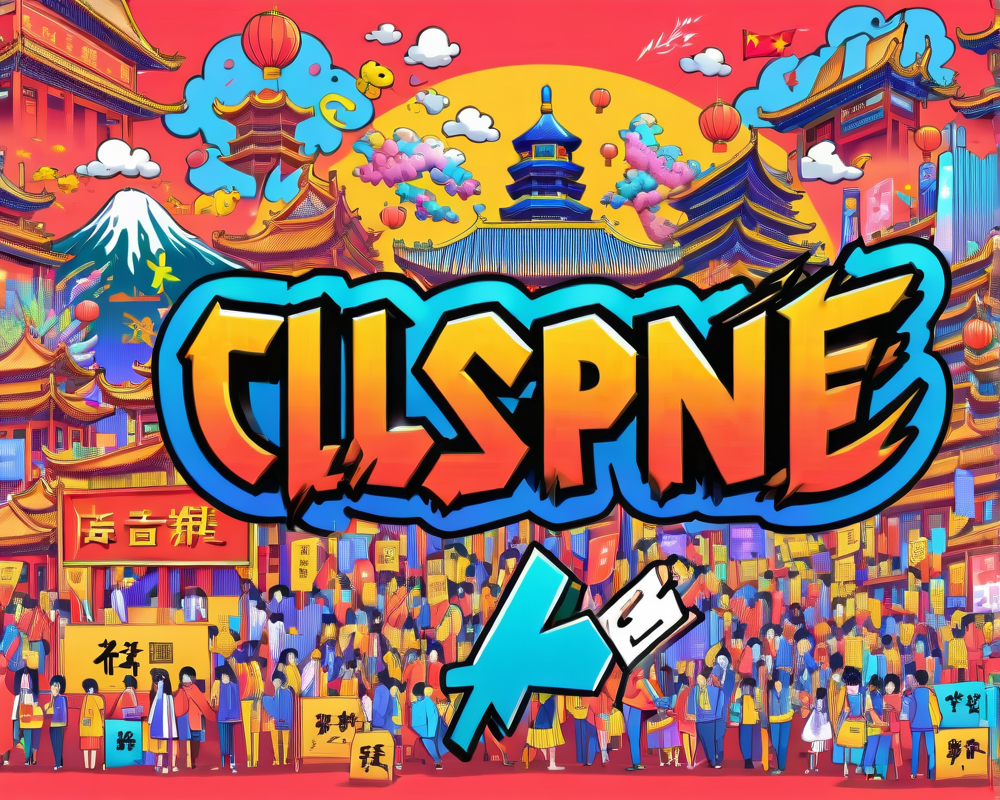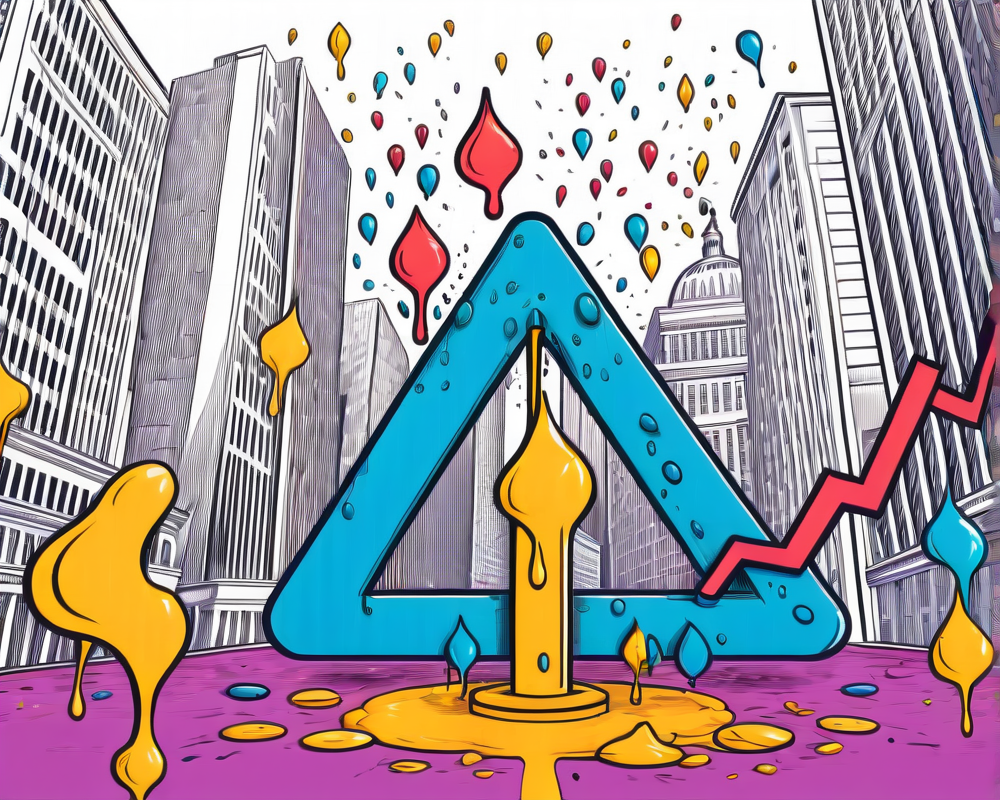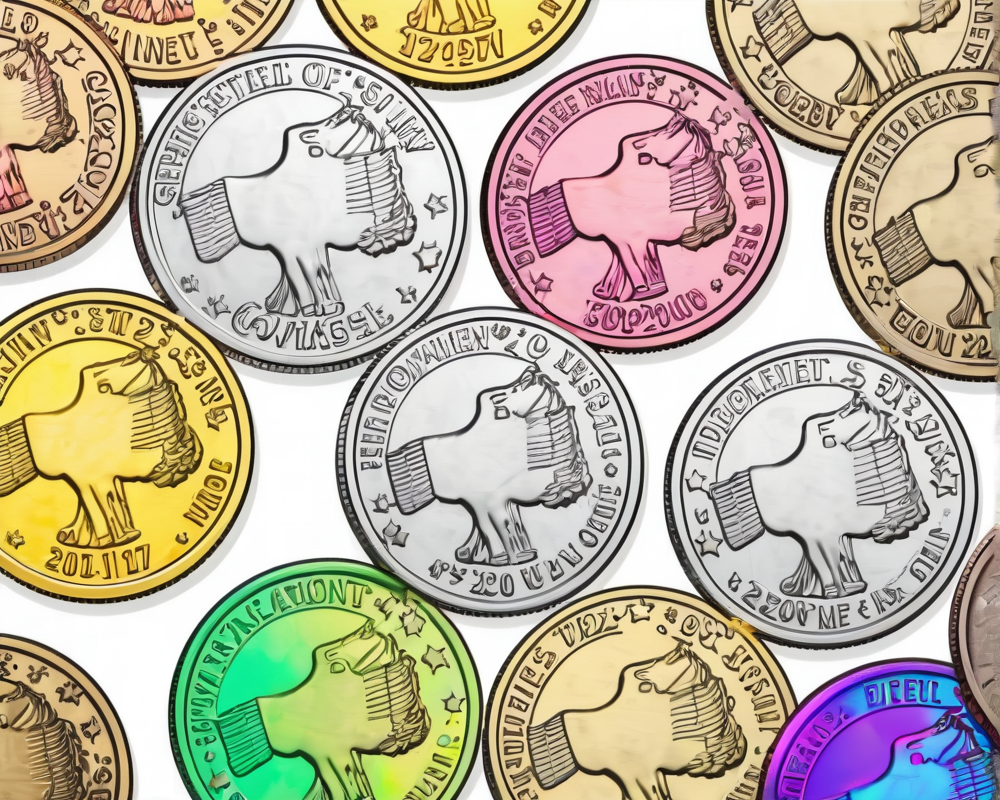Understanding the NFT Landscape in China
In a dramatic turn of events, Tencent, one of China’s powerhouse tech companies, has decided to pull the plug on one of its nonfungible token (NFT) platforms. This move appears to be a reaction to declining sales and the tight grip of government regulations that have stifled any potential for profitability in the NFT market. Can you imagine running a lemonade stand and being told you aren’t allowed to sell lemonade after you buy it? Not very profitable, right?
The Closing Curtain: What’s Behind Tencent’s Decision
On July 1, Tencent officially shut down one of its NFT platforms, marking the end of an era that began with a hopeful market entry earlier this year. According to reports, the closure didn’t happen overnight—the water started boiling in May when key executives were reassigned and the digital collectible section was quietly removed from the Tencent News app by July’s dawn. Reminds you of that slow friend who only moves when the party’s about to wrap up!
Government Policies: The Elephant in the Room
The reason behind the decline is no secret; it boils down to government policies that make selling NFTs in private transactions a big no-no. Imagine buying a rare baseball card but are subsequently told you can’t trade it with your friends. Talk about a buzzkill! This airtight regulation has essentially made NFTs less attractive to buyers, leading many collectors to scratch their heads and question whether they really want to dive into this market.
The Rise and Fall of Digital Collectibles
Earlier this year, as more options popped up, the NFT craze swept China like a new TikTok dance. Companies like Tencent and Alibaba jumped into the arena, eager to stake their claim in the digital collectible market. However, the joys of the initial rush were soon overshadowed by the government’s watchful eye. Breaking down the timeline:
- March: Social media giants like Weibo and WeChat began purging accounts associated with NFT platforms.
- June: Alibaba launched its NFT platform but quickly scrubbed any mention of it online.
Digging Deeper: The Underground Market
Interestingly, while the formal market is collapsing, whispers of underground NFT transactions are growing louder. It seems that just like teenagers sneaking out for midnight snacks, people are finding ways to trade NFTs without the prying eyes of authorities. Wu Blockchain, a go-to Twitter handle for updates, pointed out that despite strict regulations, buyers and sellers are finding ways to connect. But for large enterprises like Tencent and Alibaba, the stakes are too high to play in this risky game.
Final Thoughts: The NFT Dilemma Continues
As the dust settles on Tencent’s NFT closure, it serves as a reminder that the interplay between innovation and regulation can get messy. The unfolding situation in China is a microcosm of a much larger debate on digital ownership, market freedom, and regulatory environments. So, as NFT platforms bubble and burst, maybe it’s time to consider: are digital collectibles the future or just passing clouds in the tech landscape?




